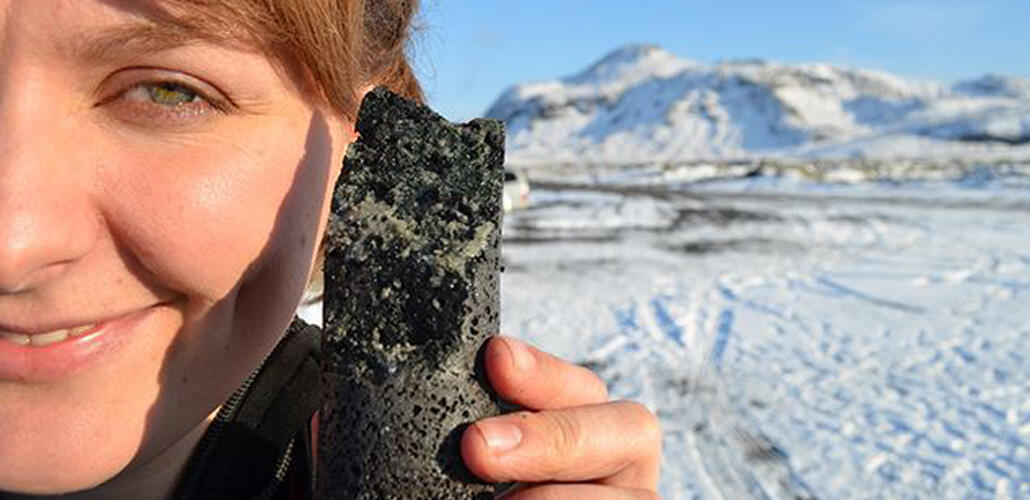Carbon dioxide (CO2) gas is frightening; it is one of the reasons our planet is degrading. That dangerous toxic gas, contributing to a great extent in climate change could now be turned into a harmless rock, scientists have found.
“CarbFix”, an experiment that has been done over the course of two years, and which costed around $10 million, offers new hope for an effective weapon to help fight man-made global warming.
The experiment was conducted about one-third of a mile (540 meters) deep in the rocks of Iceland, by an international team of scientists. When they pumped a carbon dioxide and water mix into underground basalt rocks, basic chemistry took over.
According to Juerg Matter, the lead author of a study detailing the experiment published Thursday in the journal Science of the University of Southampton in England, the acidic mixture dissolved the rocks’ calcium magnesium and formed limestone, a permanent natural jail for the heat-trapping gas.
“It’s no longer a gas,” Matter said. “Basically carbon dioxide is converted into stone.”
According to the study, Scientists, who had done this before in the lab, thought the process could take thousands or even hundreds of thousands of years. However, after just two years, 95 percent of the gas was captured and converted.
“Carbon capture is not the silver bullet, but it can contribute significantly to reducing carbon dioxide emissions,” Matter said.
But the one problem in that experiment is that carbon capture can be expensive, especially the capturing part. Once the gas is grabbed from the air, storing it is another issue. It can be stored underground and is sometimes injected in depleted oil wells, but there are concerns about monitoring it and preventing it from escaping.
CarbFix is just a small scale test, using about the equivalent of the annual carbon dioxide emissions of 15 Americans, but if it can be scaled up at a low cost, “it would be very good news,” said climate scientist Ken Caldeira of the Carnegie Institution for Science, who wasn’t part of the study.
We hope that the cost for such processes decreases, especially that they serve our environment to a great extent.











